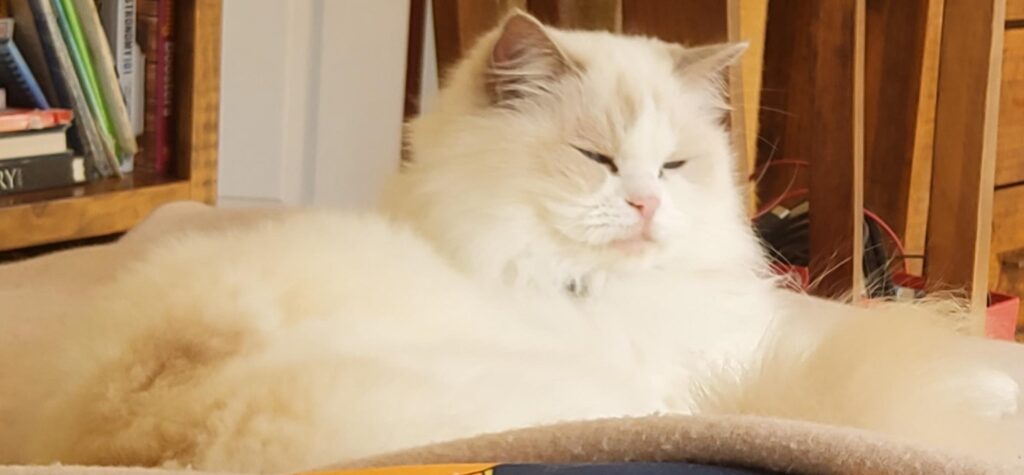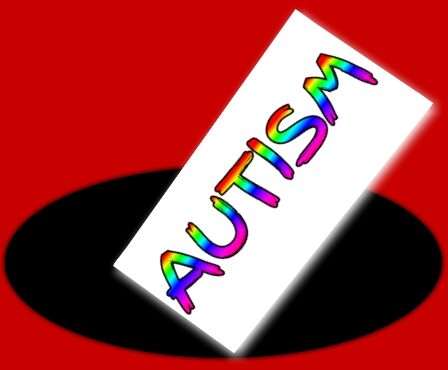
Introduction
What is a disorder that can throw your routine out of whack, make you stay up all night, and sleep all day? This may sound like insomnia, but this is in fact, known as Delayed Sleep Phase Disorder (DSPD). And this blog post explains how I live with DSPD, and how it affects me.
What is Delayed Sleep Phase Disorder? (aka: DSPD)
DSPD is a lifelong mental condition, which is genetic. (Wikipedia Contributors, 2024) Individuals with DSPD have trouble falling asleep at a regular bedtime before midnight like most people can, as they are still very alert, but then fall asleep in the early hours of the morning typically (e.g. between 1am and 3am), and then sleep well. This is a persistent condition. Individuals with DSPD often cannot get up in the early morning which causes difficulties with morning employment/school.
Delayed Sleep Phase Disorder and ADHD
DSPD can also occur in 50% of cases with depression. Individuals who also have Obsessive Compulsive Disorder (OCD) are 50% more likely to have DSPD than those without. (Wikipedia Contributors, 2024)
ADHD or Attention Deficit Hyperactivity Disorder, is a type of mental disorder, which is genetic (Wikipedia Contributors, 2024). It has a high heritability rate of 74%, and is also polymorphic. Some of the symptoms of ADHD are in the list below:
- Higher than usual activity (Hyperactivity)
- Low attention span
- Difficulty concentrating on certain tasks (like homework or reading this blog post)
- The need to “let off steam”, or run outside or jump on a trampoline
- Self-control issues
- Frustration
- Fidgeting
- Impulsiveness
The low attention span and high amounts of activity are all caused by a drop in dopamine levels in the brain in individuals with ADHD. By doing activities and exercising (like jumping on a trampoline for example), you can alleviate the symptoms of ADHD by increasing dopamine levels.
The deletion of another gene known as CRY1 also can cause DSPD in families, because the CRY1 gene also is responsible for creating a circadian rhythm. (Patke et al., 2017)
Asynchronised Circadian Rhythms: A Clock Depicting Delayed Sleep Phase Disorder
The video clip below is what Delayed Sleep Phase Disorder can feel to me at times, and it can make my sensory issues (like hearing) louder when I get my sleep cycle wrong. Made with the 3D modelling software Blender (version 3.4.1). Copyright © Zachary Wright:
How I cope with Delayed Sleep Phase Disorder
From my experience, the delayed circadian rhythm can be improved upon by setting bedtime alarms on certain electronic devices (like mobile phones and tablets) that run from midnight to 8 o’clock in the morning, which helps alleviate the symptoms of DSPD. A traditional alarm clock can also be helpful instead of electronic devices. Most people without DSPD tend to go to sleep anywhere from 9pm to 12am, but an individual like me who has DSPD may go to sleep as late as 3am to 4am in the morning.

This analogy helps to simplify the visual depiction of what DSPD looks like when it comes to sleep. Created with the 3D modelling software Blender (version 4.0.2). Copyright © Zachary Wright.
In my best practice for managing my life with DSPD, I try to aim to be asleep by 1 am. This works for me most of the time.
Gaming, Mobile Devices and Delayed Sleep Phase Disorder
Gaming has proven to be a problem in the past for my ability to cope with DSPD. It’s very easy to lose track of time when having fun playing video games, and this can cause me to stay up too late into the night. It is recommended to save the game if you are playing it and then turn it off a few hours before bedtime.
Mobile tablets (mobile tablets are a larger version of mobile phones) have also proven to be a problem when I use them at night too, even more so than handheld video game consoles due to the bright screens that trick my brain into daylight. Like with game consoles, it is also recommended to turn mobile devices off before bedtime to ensure a good night’s rest.
Effects of Delayed Sleep Phase Disorder on me
If I cannot get enough sleep, I start getting very tired, which increases the likelihood of meltdowns, and lowers my mood. Other consequences of staying up late for me are:
- Reduced ability to cope with noise
- Reduced performance when using computers and any electronic devices
- Reduced gaming performance
- Increased eye strain
- Increased sense of hearing (louder hearing)
- Less self-control
- Earlier bedtime than usual, disrupting the sleep cycle even more.
- Blurry vision due to tiredness
Note that the symptoms outlined above in the list may not be the same for everyone. The key here is to balance these sleep cycles, set alarms and get into a healthy routine.
How loud noise interferes with my sleep cycle
Loud noises can also interfere with my sleep cycle, acting as triggers for delayed sleep. These include but are not limited to:
- Thunder
- Cars (If on a busy road)
- Motorcycles (If on a busy road)
- Birds (to some extent)
- Heavy Rain (Most noticeably on tin roofs)
- Hail
- Parrots at night (Rarely)
- Cats (only when howling and misbehaving)
- Dogs (When barking)
- Mice/Rats in ceilings and roofs (Squeaking)
- Strong Winds
All these sources of loud noise can affect my sleep, and in some cases, make it impossible for me to sleep, especially on windy nights. Thunder also has the same effect at night too. When you add in autism as a comorbid condition, it makes sleeping in loud environments much more difficult than neurotypical people find it.
Is there a cure for Delayed Sleep Phase Disorder?
There is unfortunately, no cure for DSPD. However, DSPD can be managed.
Princess Lilli Lilac

Disclaimer: The information written in this blog post is from my personal experience and should not be taken as medical advice. Please consult a medical or healthcare professional for advice and knowledge.
References
Wikipedia contributors. (2024, July 21). Delayed sleep phase disorder. In Wikipedia, The Free Encyclopedia. Retrieved 07:13, July 29, 2024, from https://en.wikipedia.org/w/index.php?title=Delayed_sleep_phase_disorder&oldid=1235744109
Patke, A., Murphy, P. J., Onat, O. E., Krieger, A. C., Özçelik, T., Campbell, S. S., & Young, M. W. (2017). Mutation of the Human Circadian Clock Gene CRY1 in Familial Delayed Sleep Phase Disorder. Cell, 169(2), 203–215.e13. https://doi.org/10.1016/j.cell.2017.03.027
Wikipedia contributors. (2024, July 29). Attention deficit hyperactivity disorder. In Wikipedia, The Free Encyclopedia. Retrieved 07:18, July 29, 2024, from https://en.wikipedia.org/w/index.php?title=Attention_deficit_hyperactivity_disorder&oldid=1237307309
